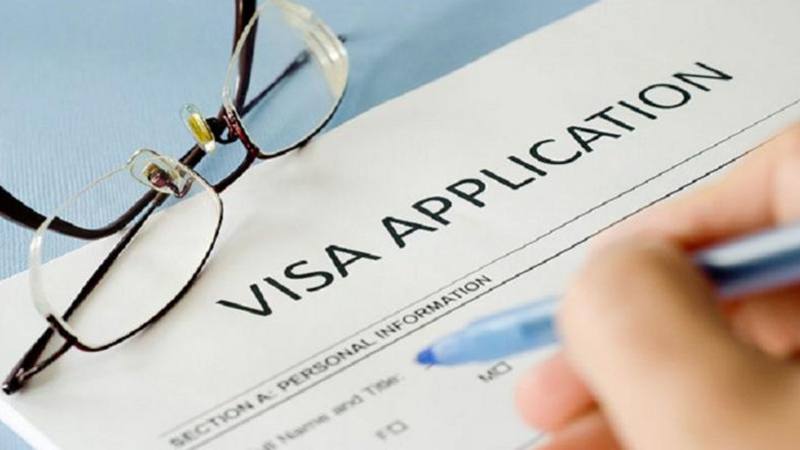-
 Call Now ! (+977) 9841617710
Call Now ! (+977) 9841617710 -
 Email Now info@senecaedu.com.np
Email Now info@senecaedu.com.np

Visa documentation requirements can vary depending on the country you are applying to and the type of visa you are seeking. However, there are some common documents that are often required for visa applications. Here is a general list of visa documentation you may need:
Passport: A valid passport is typically required for visa applications. Ensure that your passport has at least six months of validity remaining beyond your intended stay in the country.
Visa Application Form: Complete and sign the visa application form as required by the embassy or consulate of the country you are applying to. The form can usually be downloaded from the official website of the embassy or consulate.
Photographs: Provide passport-sized photographs that meet the specific requirements set by the embassy or consulate. The requirements may include size, background color, and other specifications.
Letter of Acceptance: If you are applying for a student visa, include the official letter of acceptance from the educational institution you have been accepted to. The letter should state your admission status, program details, and duration of study.
Proof of Financial Support: Demonstrate that you have sufficient funds to cover your tuition fees, living expenses, and any other costs associated with your stay. This can be shown through bank statements, scholarship letters, or sponsorship letters, depending on the requirements of the country you are applying to.
Proof of Accommodation: Provide documents to show that you have arranged suitable accommodation in the destination country. This can include a lease agreement, a letter from your host institution, or a hotel reservation.
Health Insurance: Some countries require proof of health insurance coverage for the duration of your stay. Obtain health insurance that meets the requirements specified by the embassy or consulate.
Academic Documents: Submit your academic transcripts, diplomas, or certificates to demonstrate your educational background and qualifications. These documents may need to be translated into the official language of the country you are applying to and certified by a recognized authority.
Language Proficiency Test Results: If applicable, provide the results of a language proficiency test, such as IELTS or TOEFL, to demonstrate your language skills.
Other Supporting Documents: Additional documents may be required based on the specific visa category or the country's immigration policies. Examples include a resume or curriculum vitae, proof of work experience, travel itinerary, or a letter of explanation for any gaps in your education or employment history.
It is important to note that visa requirements can change, so always check the official website of the embassy or consulate of the country you are applying to for the most up-to-date and accurate information regarding visa documentation. Additionally, consider consulting an immigration lawyer or visa consultant for personalized guidance based on your specific circumstances.